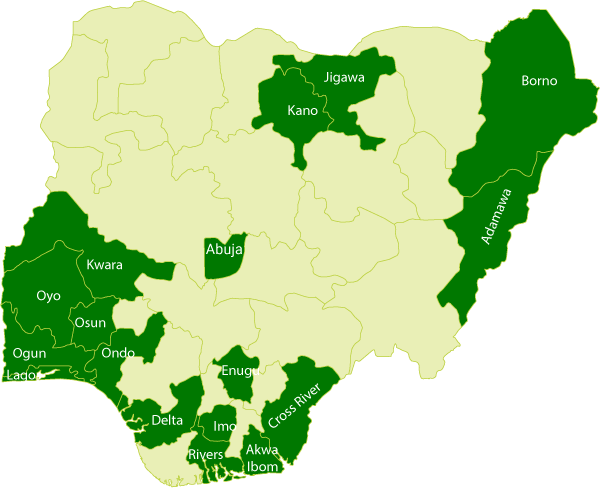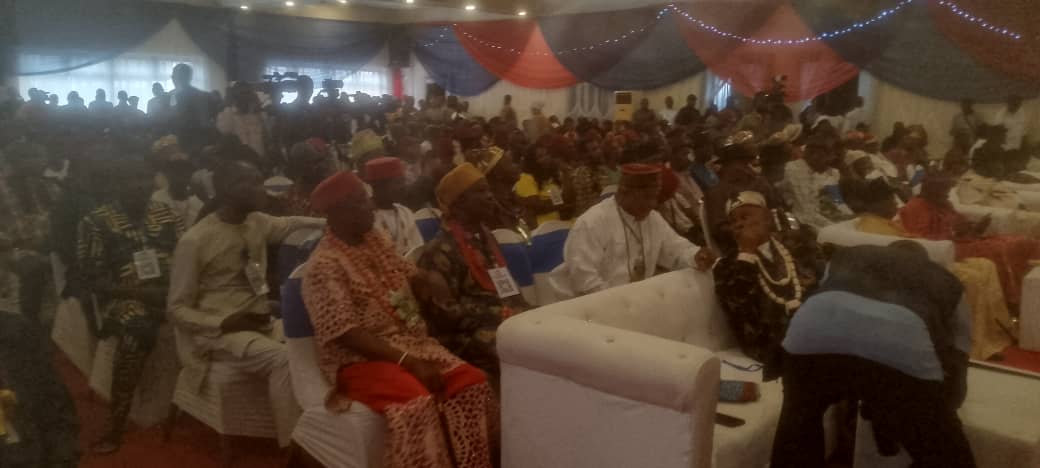Nigeria’s Free Trade Zones (FTZs) are under siege, and industry leaders are sounding the alarm. As the Federal Government pushes forward with its proposed tax reforms, fears are mounting that the very lifelines of Nigeria’s industrialisation and foreign direct investment (FDI) could be strangled—jeopardising over $200 billion in potential FDIs and putting 600,000 jobs on the chopping block.
The proposed Nigeria Tax Bill 2024 has sparked outrage among stakeholders in the Special Economic Zones (SEZs), with its contentious provisions threatening to dismantle the core incentives that have attracted investors for over three decades. If passed, the bill could deliver a devastating blow to the Nigerian Export Processing Zones Authority (NEPZA) and the Oil and Gas Free Zones Authority (OGFZA), two pillars of Nigeria’s industrial growth strategy.
“A Death Sentence for Free Trade Zones” — NACCIMA Warns
The Nigerian Association of Chambers of Commerce, Industry, Mines, and Agriculture (NACCIMA) has taken a strong stance against the bill. In a powerful statement, Dele Oye, NACCIMA’s National President and Chairman of Nigeria’s Organised Private Sector (OPS), slammed the proposed amendments, warning that they could cripple the nation’s FTZ ecosystem.
“Stripping FTZs of established tax exemptions is a drastic and dangerous move that will erode investor confidence and tarnish Nigeria’s reputation in the global investment community,” Oye stated. “These zones were designed as catalysts for investment, job creation, and industrialisation. Undermining them now is an economic blunder we can’t afford.”
He pointed to specific sections of the bill—57, 60, 198(2), and 198(3)—that would effectively revoke the tax breaks that have been the backbone of FTZs since the Nigeria Export Processing Zones Act was enacted in 1992.
Billions at Stake, Jobs on the Line
Oye highlighted the sheer scale of what’s at risk. Of Nigeria’s 50 FTZs, 48 were developed through private-sector investments. These zones have generated more than ₦650 billion in government revenue through customs duties and related activities—all while creating hundreds of thousands of jobs.
“FTZs have been a magnet for FDI because of their favorable tax regimes,” Oye explained. “This policy flip-flop will scare away investors, stall ongoing projects, and put existing businesses at risk.”
Already, the uncertainty surrounding the bill has slowed down activities in the zones, with new investors holding back on potential projects worth billions.
Stakeholders Unite: “Don’t Kill the SEZs”
The backlash against the bill reached a crescendo during the Special Economic Zones Annual Meeting in Lagos, hosted by the Nigeria Economic Zones Association (NEZA). At the end of the two-day summit, FTZ stakeholders issued a communique warning the government of the grave consequences of the proposed reforms.
Signed by Toyin Elegbede, NEZA’s Executive Secretary, the communique urged the government to reconsider its approach. “We are not against tax reforms,” Elegbede said, “but reforms must promote long-term investments, not deter them. The current provisions threaten to kill the very ecosystem that drives Nigeria’s industrial growth.”
The communique also praised Taiwo Oyedele, Chairman of the Presidential Committee on Fiscal and Tax Reform, for showing a willingness to engage stakeholders. But the message was clear: engagement is not enough—the bill must be reworked.
A Threat to Nigeria’s Industrial Future
FTZ operators and business leaders warn that undermining the tax benefits of SEZs directly contradicts Nigeria’s industrialisation goals. The zones have been key in positioning Nigeria as a manufacturing and export hub, especially within the context of the Africa Continental Free Trade Area (AfCFTA).
“Nigeria has the potential to dominate the African market with export-oriented goods produced in its FTZs,” said Elegbede. “But that dream will die if we lose investor confidence.”
Stakeholders also called for stronger partnerships with the Nigeria Customs Service (NCS) and urged the Central Bank of Nigeria (CBN) to expedite guidelines on offshore banking for SEZs—a move that could further boost investor confidence.
“A Policy Backfire in the Making”
In what many see as a self-inflicted wound, the proposed tax reforms could derail Nigeria’s quest for industrialisation, scare off foreign investors, and deepen the nation’s unemployment crisis.
“If this bill passes as is, it will send a clear message to investors worldwide: Nigeria is no longer open for business,” Oye warned.
The ball is now in the government’s court. Will they listen to industry leaders and safeguard the future of FTZs, or will Nigeria’s dream of becoming Africa’s industrial powerhouse go up in smoke?





